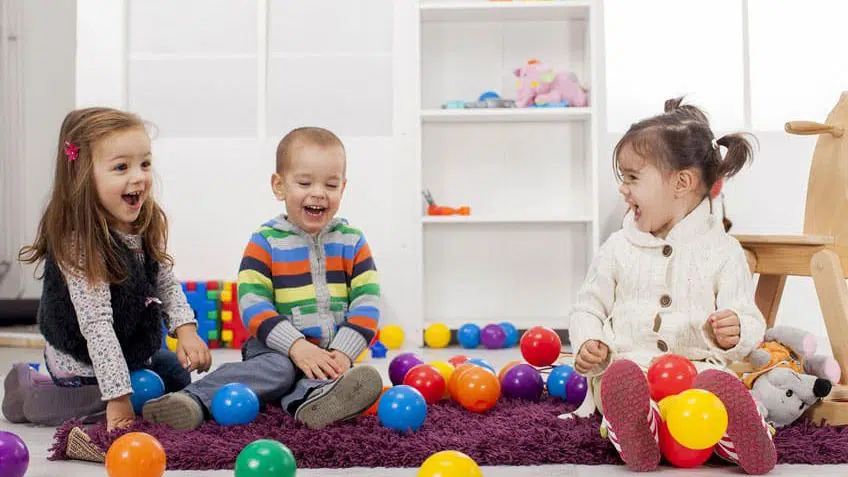Play dates help build 21st century skills
‘If you want creative workers, give them enough time to play.
If you want team players, problem solvers and collaborators, give them enough time to play together.’
When is the right time to start a play date for your child?
The sooner the better. Children are beings of habit. If they get used to an idea early on in life, it takes them less time to adjust to it later. They also learn a few essential skills like coexisting and socialising.
6 Reasons why are play dates important
- Playdates instil a sense of independence in your child: The child learns to socialise and function with his / her peers around. They allow parents to see how their child interacts with their peers. Children react differently with friends around and at times may even exhibit leadership qualities, independence, problem solving skills. A play date is an opportunity to play a different role than the one they usually play at home.
- A Fun Learning Experience: When you find the right playmates, play dates are fun. Just like us adults, children too have a comfort level with friends. Friends they are okay to share toys with and let them into their space.
- Foundation for Friendship: Play dates help a child connect more deeply with a friend: When you have fun with someone, you like to be with them, and you feel connected to them. Not to mention working up your child’s social skills.
- Develop Social Skills & Basic Etiquette: Playdates allow a child to experience another family and their home. All families are different, all homes are different, and we all eat different things and do things in our own unique and special ways. It is essential for active kids to learn that when they step into a friend’s home, the rituals there might differ from what they’re used to and that they need to adjust and follow suit. Also, it’s good fun to get to know a friend’s parents, too!
- Enable Sharing: Sharing doesn’t come too easily to a toddler. A play date is an excellent opportunity for your child to share and learn patience. Some play dates may end up in meltdowns where a child doesn’t want to let another child into his/her space (despite all the talking and preparing done in advance) but with time and frequency these issues get resolved. Your child learns patience and sharing and even begins to look forward to these dates.
- Builds sense of responsibility: Play dates instil a sense of responsibility in the child who is hosting the date and the child who is attending one. Both learn how to tackle different situations, one learns to take charge while the other learns gratitude. They also help enhance early social skills, collaboration and problem solving.
How to tackle discord at a play date? At times a play date may turn unpleasant. The best way to tackle this is to be prepared in advance:
- For the child hosting the date:
- Put away ‘special’ toys that your child is not comfortable sharing. It is okay to not let go of certain special toys.
- Prepare your child in advance that he/she will need to let in another child into their space
- Consult with your child on the toys / games he / she would like to play with their friend.
- Involve your child in planning the activities for the play date. Apart from toys and games, even consult with your child on the food menu. Future planning is an important lesson to learn early on in life. It is a skill not everyone can boast of.
- Always ensure nothing should come as a shock to the child hosting the play date.
- For the child going over for the date:
- Prepare the child in advance to not be too pressing about toys that his/her friend is not keen on sharing.
- Not to forget the magic words – Please, excuse-me, sorry, thank you, welcome
- Take something special for the host. Let your child decide what. This is not just a lovely gesture but also an important social skill to learn early on in life.
- Always reciprocate a play date by arranging one at your place.It’s important for both parties to learn the roles of a host and guest interchangeably.
- At times an adult may need to intervene, especially if a fight turns ugly. However it’s best to let the children tackle their issues themselves.
According to Albert Einstein, ‘Play is the highest form of research’.
Children learn as they play and in play they learn how to learn.

